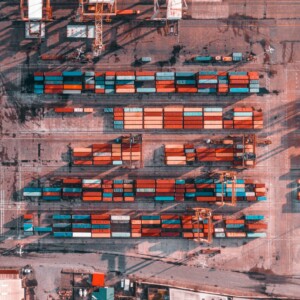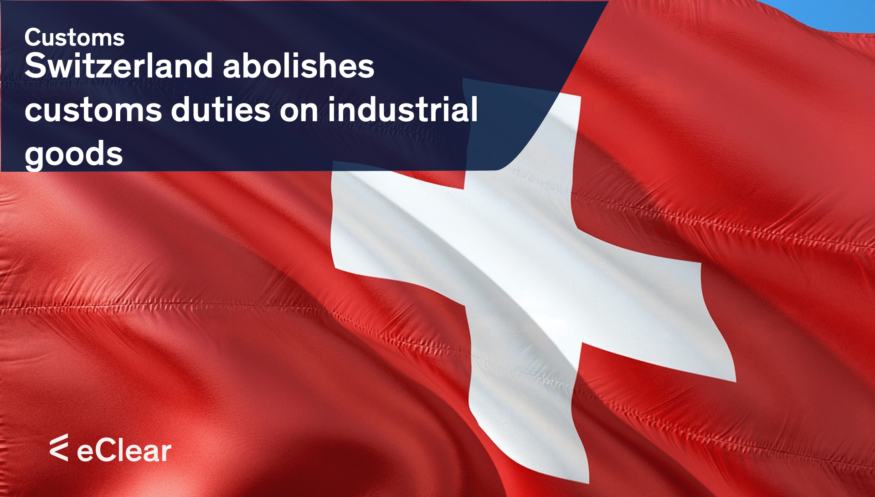On 1 January 2024, Switzerland will experience a significant change in its trade policy. Following a parliamentary decision on 2 February 2022, industrial tariffs will no longer be levied on importing industrial products, meaning that the country will forgo revenue of around 600 million Swiss francs annually. This groundbreaking reform affects a wide range of products, including consumer goods, raw materials, semi-finished products and machinery, while tariffs on agricultural products will remain in place.
Overcoming the high price island
The initiative to abolish industrial tariffs is a strategic move against the phenomenon of “Switzerland as a high-price island”. Tariff and non-tariff trade barriers that lead to excessive prices are now being addressed by the Federal Council’s “import facilitation” package of measures introduced in December 2017. With the definitive entry into force of the changes on 1 January 2024, Switzerland is focusing on liberalising trade and strengthening the economy. The reorganisation mainly affects customs duties under customs chapters 25-97, except for specific agricultural products.
Efficiency through simplification
The reform is a step towards financial relief and a milestone in simplifying the customs tariff. The number of Tares tariff headings will be reduced from 9114 to 7511, which promises a significant increase in efficiency and should contribute to annual cost savings of CHF 125 million. As part of the Federal Office for Customs and Border Security’s DaziT transformation project, the new Passar customs clearance system will also be introduced to optimise import customs declaration processes.

Adjustments for the Swiss market
The changeover for local companies means they will have to adapt to a new customs tariff numbering system. This change follows the HS revision 2022 and requires an early adjustment to ensure continuity in customs processing. A practical example of simplification concerns pressure-reducing valves; from 2024, customs classification will no longer be differentiated by material, which will simplify processes and reduce the administrative burden for companies.
Preparing for the future
These reforms require companies to prepare for the changed conditions proactively. By preparing for the new customs tariff numbers in good time, they can ensure that their customs declarations are processed efficiently and smoothly in the E-DEC or Passar system even after 1 January 2024. The adjustments to the customs tariff are a clear call to the market to prepare for a new era of trade and to take full advantage of the opportunities arising from these changes.
You can learn more about the customs regulations between Switzerland and the EU here.







